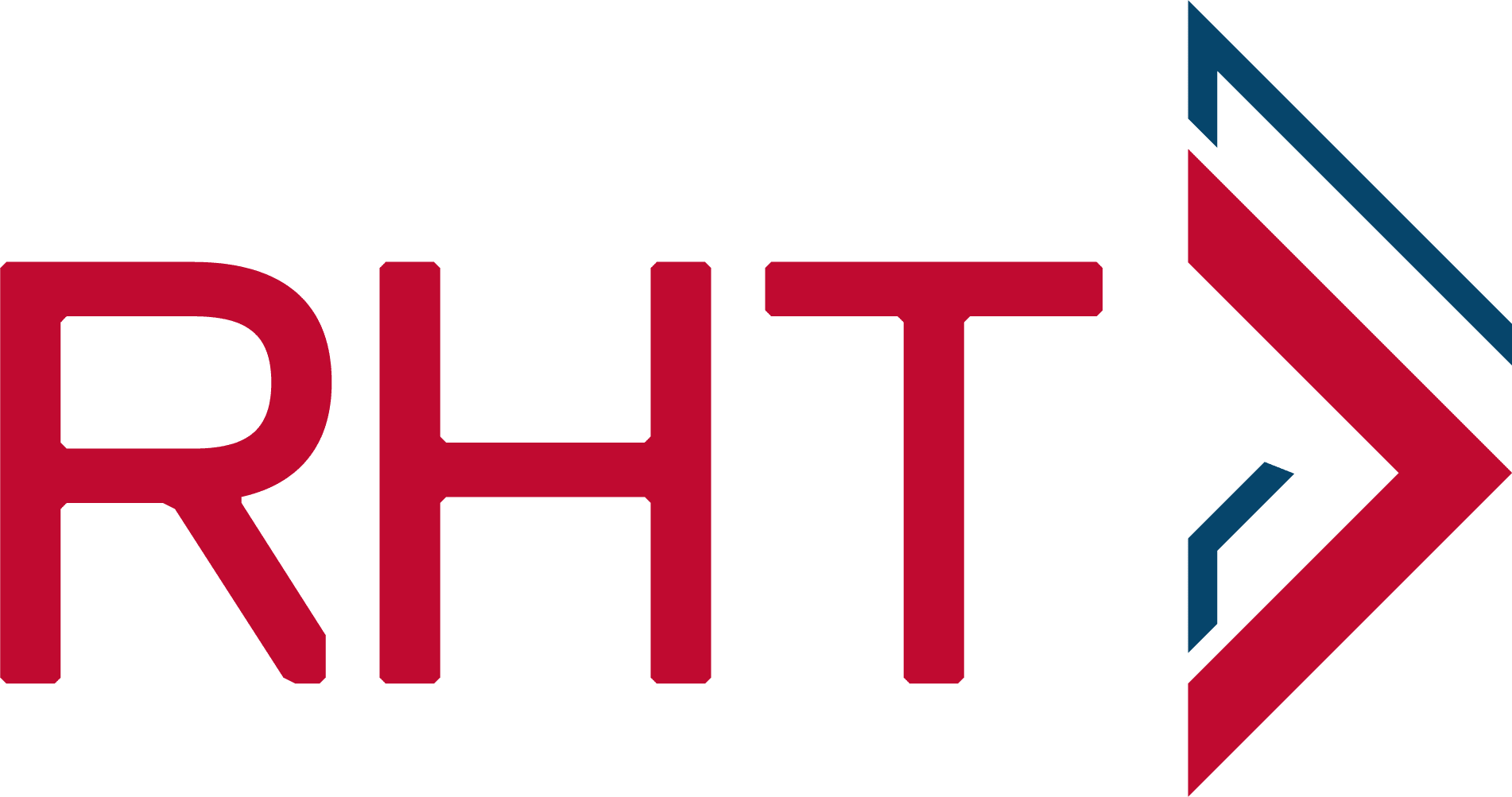In an article released by The Monetary Authority of Singapore (“MAS”) on 7 April 2020, MAS announced that it would adjust selected regulatory requirements and supervisory programmes to enable financial institutions (“FIs”) to focus on dealing with issues related to the COVID-19 pandemic and supporting their customers during this difficult period.
The MAS identified the following regulatory and supervisory measures:
- Adjust banks’ capital and liquidity requirements, to help sustain their lending activities;
- Allow FIs to take into account the government’s fiscal assistance and banks’ relief measures in setting more realistic accounting loan loss allowances;
- Defer FIs’ implementation of the final set of Basel III reforms, margin requirements for non-centrally cleared derivatives, and other new regulations and policies, to ease FIs’ operational burden;
- Provide FIs more latitude on submission timelines for regulatory reports and defer non-urgent industry projects; and
- Suspend regular onsite inspections and supervisory visits till further notice.
Adjusting Capital and Liquidity Requirements for Banks
MAS encourages banks to utilise their capital buffers as appropriate to support their lending activities, however, the release of capital buffers should not be used to finance share buybacks during this period. Sustaining lending activities should take priority over discretionary distributions.
MAS will allow banks to recognise as capital more of their regulatory loss allowance reserves. Banks may also utilise their liquidity buffers as necessary to meet liquidity demands by halving the Net Stable Funding Ratio requirement from 50% to 25% for loans to individuals and businesses that are maturing in less than six months. Both reliefs will apply until 30 September 2021 and may be extended if necessary.
Deferring Implementation of Regulatory Reforms
MAS will defer by one year the implementation of the final set of Basel III reforms for banks in Singapore and the final two phases of the margin requirements for non-centrally cleared derivatives and the final phase of the reporting requirements for over-the-counter derivatives trades. The new timelines are 1 September 2021 for a bank or merchant bank whose group’s aggregate non-centrally cleared derivatives exposure is more than $80 billion, 1 September 2022 for a bank or merchant bank whose group’s aggregate non-centrally cleared derivatives exposure is more than $13 billion and up to $80 billion and 1 October 2021 for the over-the-counter derivatives trades reporting requirements.
MAS will also defer to 1 January 2023 the implementation of revised standards for credit risk, operational risk, leverage ratio, output floor and related disclosure requirements (with the accompanying transitional arrangements for the output floor extended to 1 January 2028), market risk and credit valuation adjustments for supervisory reporting purposes. MAS will also defer until further notice the public consultations on outsourcing requirements for banks and environmental risk management guidelines. All of which is in line with the recent announcement by the Basel Committee on Banking Supervision (“BCBS”).
MAS will defer the implementation of certain licensing and conduct requirements, which were introduced under the Securities and Futures (Amendment) Act 2017 (see Annex A in actual article) to 8 October 2021. MAS will also defer new policies where consultations have closed (see Annex B in actual article) and will provide a longer response time for FIs and other interested parties to provide feedback to ongoing public consultations of new policies.
Setting Accounting Loans Loss Allowances
With regards to accounting standard FRS 109, MAS has provided guidance that when FIs assess COVID-19’s impact on future economic conditions in estimating accounting loan loss allowances, they should also consider the extraordinary measures taken by the government to bolster economic resilience. MAS does not expect FIs to maintain higher accounting loan loss allowances solely because COVID-19 relief measures are applied to these loans but should also take into account the borrower’s ability to make full repayment based on the revised loan terms as well as its creditworthiness in the long term.
Extending Reporting Timelines and Deferring Industry Projects
MAS will provide more latitude on submission timelines for regulatory reports and will defer non-urgent industry projects.
MAS will seek feedback from banks and merchant banks on potential challenges they may face in transiting to a more comprehensive reporting regime under the revised MAS Notices 610 and 1003 respectively.
Suspending On-site Inspections and Supervisory Visits
MAS will suspend all regular on-site inspections and supervisory visits to FIs till further notice. MAS will focus its supervisory reviews on how FIs are managing the impact of COVID-19 on their business and operations.
Sound Risk Management
MAS expects FIs to maintain key financial services to customers and sustain the flow of credit to the economy and to also ensure operational resilience and sound risk management amidst the challenges posed by the COVID-19 pandemic.
Full text can be found here.
RHT Compliance Solutions (“RHTCS”) would like to advise FIs to remain vigilant to heightened risks such as cybersecurity threats, fraudulent transactions and scams, money laundering, and terrorism financing while managing the COVID-19 pandemic.


